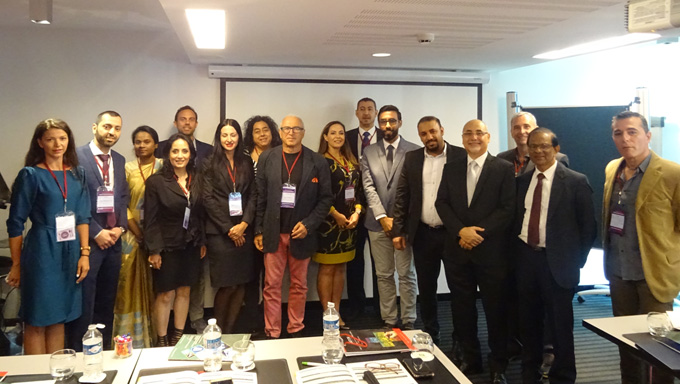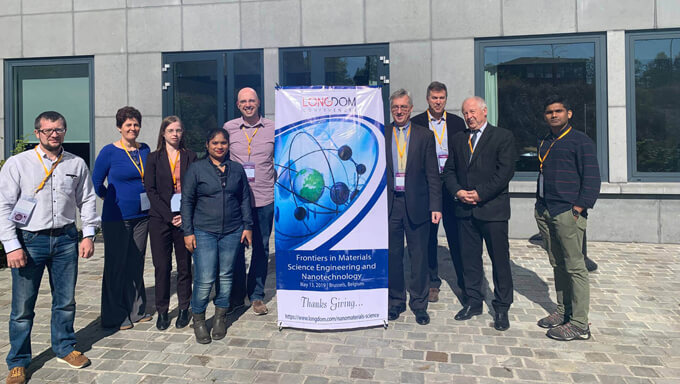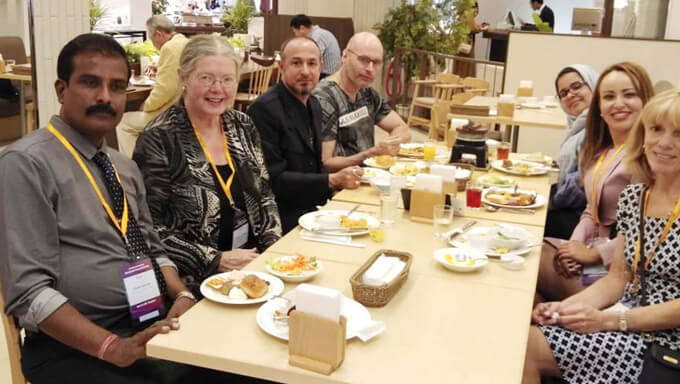







Plant breeding is the science of changing the traits of plants in order to produce desired characteristics, one major technique of plant breeding is selection, the process of selectively propagating plants with desirable characteristics and eliminating or culling those with less desirable characteristics. Modern plant breeding may use techniques of molecular biology to select, or in the case of genetic modification, to insert, desirable traits into plants. Application of biotechnology or molecular biology is also known as molecular breeding.
Root diseases are generally less severe owing to greater soil health, whereas some foliar diseases can be problematic in organic agriculture. The soil microbial community and nitrogen availability play an important role in disease development and yield. Demand for safe and healthy food has been increasing with every passing day. The ill effects of plant protection chemicals on the flora, fauna, humans and environment as a whole are the major concerns.
Plant genomics aims to sequence, characterize, and study the genetic compositions, structures, organizations, functions, and interactions/networks of an entire plant genome. Its development and advances are tightly interconnected with proteomics, metabolomics, metagenomics, transgenomics, genomic selection, bioinformatics, epigenomics, phenomics, system biology, modern instrumentation, and robotic sciences.
Plant tissue culture involves excising plant tissues and growing them on nutrient media. It is used rather broadly to include several variations, such as meristem culture for the propagation of virus-free plants, protoplast culture, cell suspension culture, tissue and organ culture, and anther or pollen culture for producing haploid plants. Plant tissue culture technology is being widely used for large scale plant multiplication.
Plant protection is the practice of managing weather, weeds, pests and diseases that damage or inhibit the growth of fruit, vegetable and other horticultural crops Proper crop protection is important to produce higher quality crops with minimal wastage. This increase in productivity leads to less land, water and labour being required for food crops Plant protection measures are carried out to limit performance and yield losses in crop production during the growing season and afterwards storage protection as well as for quarantine purposes.
We let our ground-breaking work and our amazing clients speak for us…… LONGDOM conferences